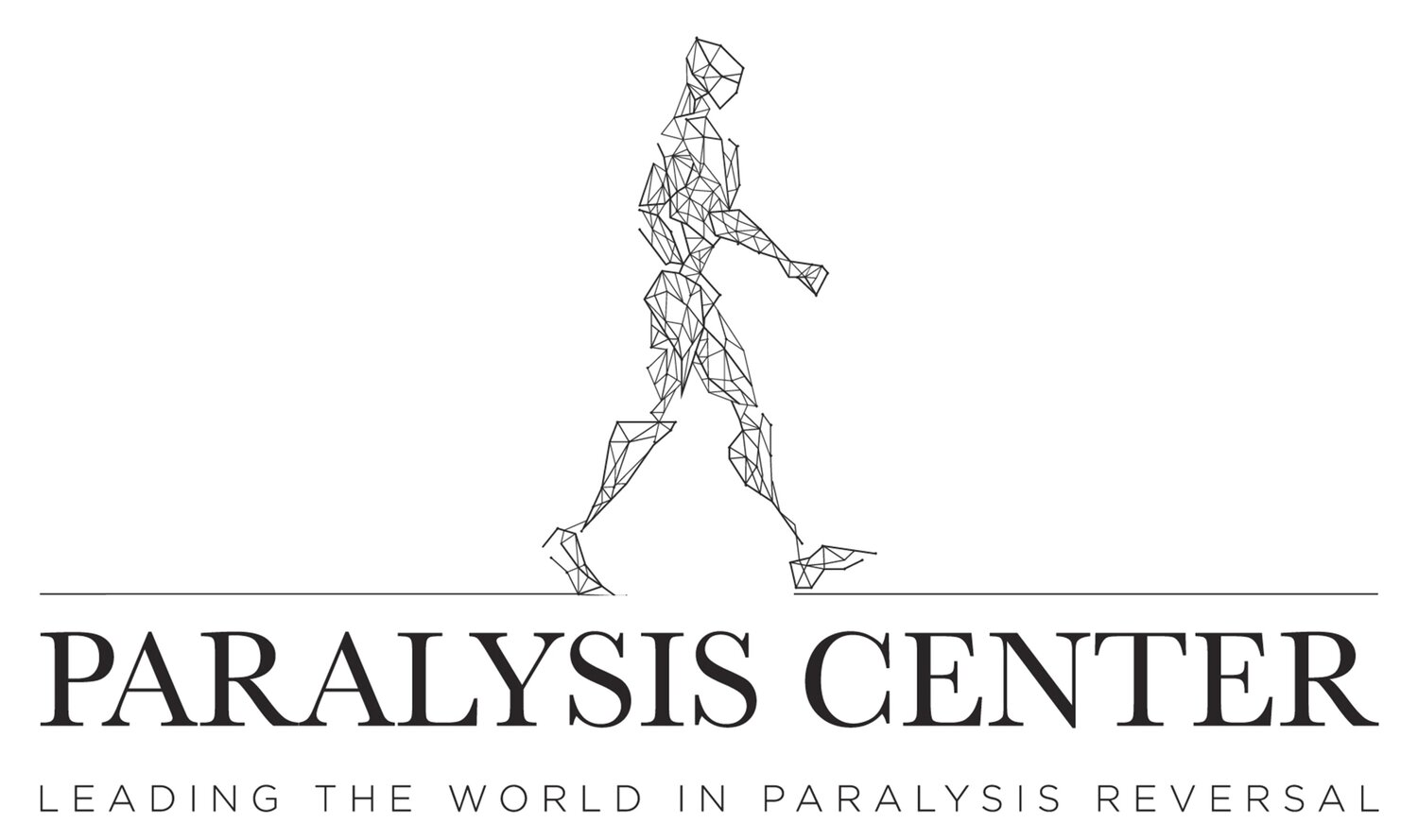Tendon Transfer
Tendon transfers are often used to restore movement in limbs. In this procedure a muscle that the patient still has control of but that performs a non-critical function is repositioned to perform a critical but missing function.
After this procedure is performed there is a period of immobilization where the limb is placed in a splint followed by early physical therapy. The recovered movement is available almost immediately, but the limb must be treated with care for at least 6 weeks following the operation. This procedure can be performed late after the nerve injury if a local transferrable muscle is available.
Your Paralysis Specialist will use functioning muscles that are close to the target muscle, and these muscles are transferred or connected to the tendon of a muscle that no longer functions. The muscle that has been transferred now supplies that function.
Is A Nerve Transfer Or A Tendon Transfer The Better Option To Reverse Paralysis?
Tendon transfers may provide advantages over nerve transfer for some patients. Here are key reasons why a tendon transfer is sometimes preferred:
1. It restores function even long after the window for nerve regeneration has passed
2. These are time tested procedures and we have decades of experience with them
3. The functional recovery accomplished is almost immediate
4. There are certain functions for which a tendon transfer may be more effective than a nerve transfer
If we determine that a tendon transfer is the best option for you, you’ll undergo examination at the Paralysis Center to determine which muscles are the best candidates for a transfer. The Paralysis Center's surgeons select procedures, such as nerve decompressions, nerve grafts, nerve transfers, or tendon transfers based on your condition and which technique or techniques offers you the best chance of recovery.
Schedule a Consult with the Paralysis Center today (844) 930-1001.
Tips to help you get the most from a visit to the Paralysis Center
Before your visit, write down questions you want answered.
Bring someone with you to help you ask questions and remember what your Specialist tells you.
At the visit, write down the name of your diagnosis, and any new medicines, treatments, or tests. Also write down any new instructions your specialist gives you.
Know why a new medicine or treatment is prescribed, and how it will help you. Also know what the side effects are.
Ask if your condition can be treated in other ways.
Know why a test or procedure is recommended and what the results could mean.
Know what to expect if you do not take the medicine or have the test or procedure.
If you have a follow-up appointment, write down the date, time, and purpose for that visit.
Know how you can contact your Paralysis Specialist if you have questions.


